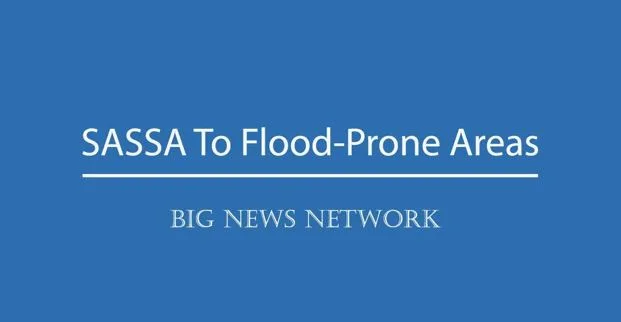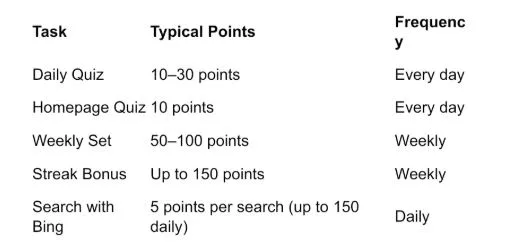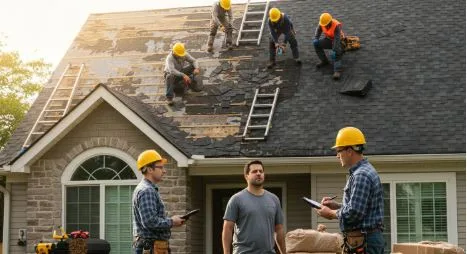How SASSA Grants Are Reshaping Informal Economies in South Africa’s Flood-Prone Communities
Life in South Africa’s flood-prone areas isn’t really easy. When the rains come, they don’t just bring water; they often bring destruction and lethal situations to innocent people. Roads get washed out, homes are damaged, and small businesses struggle to survive the chaos.
In these moments, SASSA grants are more than just survival-based monthly payments. They’re becoming the quiet engine keeping people afloat, especially in informal economies where every rand counts.
But here’s the real story: Most people aren’t using these grants to launch businesses or chase big dreams. They’re using them to keep the kitchen running and going, feed their families, and stay alive, all while trying to keep their hustle or small business from collapsing completely.
The Grant That Keeps the Pot Boiling
SASSA (South African Social Security Agency) grants support millions of vulnerable people, from old-age pensions and disability support to child grants. In flood-affected areas, these grants often mean the difference between hunger and a warm plate of food.
For many families, the money is used to buy groceries, keep kids in school, and pay for essentials like electricity or paraffin. When floods hit and things like transportation or job opportunities disappear, that grant becomes the only stable income in the household.
And while it’s not a lot, it allows people to survive just long enough to rebuild or get back to their informal business, whether that’s selling snacks from home, offering laundry services, or sewing clothes on the side.
Business Dreams on the Back Burner
You’ll often hear people say they want to grow their small businesses, and they do. But in most cases, the grant money isn’t funding those dreams directly. It’s making sure there’s pap on the table while they fight to keep their side hustle alive.
Take, for example, someone running a small food stall in a township. If flooding damages their setup or blocks off customer access, the business slows or stops.
But thanks to the SASSA grant, the family can still eat, and the stall can reopen later when things dry out. Without that cushion, the business might not survive at all.
So while the grant doesn’t directly fund entrepreneurship, it gives people just enough breathing room to keep trying, and in places hit hardest by climate disasters, that matters a lot.
SASSA and the Local Hustle
The informal economy in South Africa is huge, it’s everything from street vending and taxi driving to home-based salons and spaza shops. And in flood-prone areas, these informal businesses are often the first to feel the impact and the last to recover.
SASSA grants help keep money circulating in the community, even when disaster strikes. People still buy from the local vendor, still go to the lady selling vetkoek next door, and still get school uniforms sewn by the neighbor. That local spending might be powered by grants, but it helps others stay afloat too.
It’s also easier than ever to access these grants and stay updated. Platforms like checksrd.co.za let people connected to SASSA check their SASSA status online and much more related to issues beneficiaries face in their journey,
This digital service is incredibly useful when flooding disrupts transport or makes it hard to get to a SASSA office. In these moments, knowing whether your payment has cleared or where to collect it can mean everything.
Digitized Access and Real Impact To Communities
The move toward digital and mobile payments has made a huge difference. It allows recipients to withdraw money when it’s safe, or use card and mobile services at local shops without needing to travel far. That’s a big deal in flood-hit zones where cash-based economies are more vulnerable to theft or physical disruption.
Plus, when digital payments flow consistently, small local businesses benefit indirectly. People are more likely to buy goods, pay for services, or contribute to community savings groups, even in the aftermath of a natural disaster.
SASSA Grants Aren’t a Luxury, They’re a True Lifeline
It’s easy to forget how powerful stability can be. In flood-prone areas, where families live one day at a time, that R510 or R2,090 makes a real, everyday difference.
It’s not just about avoiding hunger anymore as food is now abundantly available in this developing world, it’s all about about holding things together while trying to make the next move.
Some may look at social grants as handouts, but on the ground, they’re more like lifelines, helping people survive long enough to keep fighting for a better future.
Final Verdict
SASSA grants aren’t being used to grow businesses, not directly. But they’re allowing people to survive today so they can try again tomorrow. In flood-prone communities across South Africa, that kind of support keeps hope alive, families fed, and informal economies from collapsing completely.
The system isn’t perfect, and the grants aren’t enough to solve deeper economic problems. But in places where floods wash away jobs, homes, and even hope, that grant is often the one thing standing between a household and total collapse.





